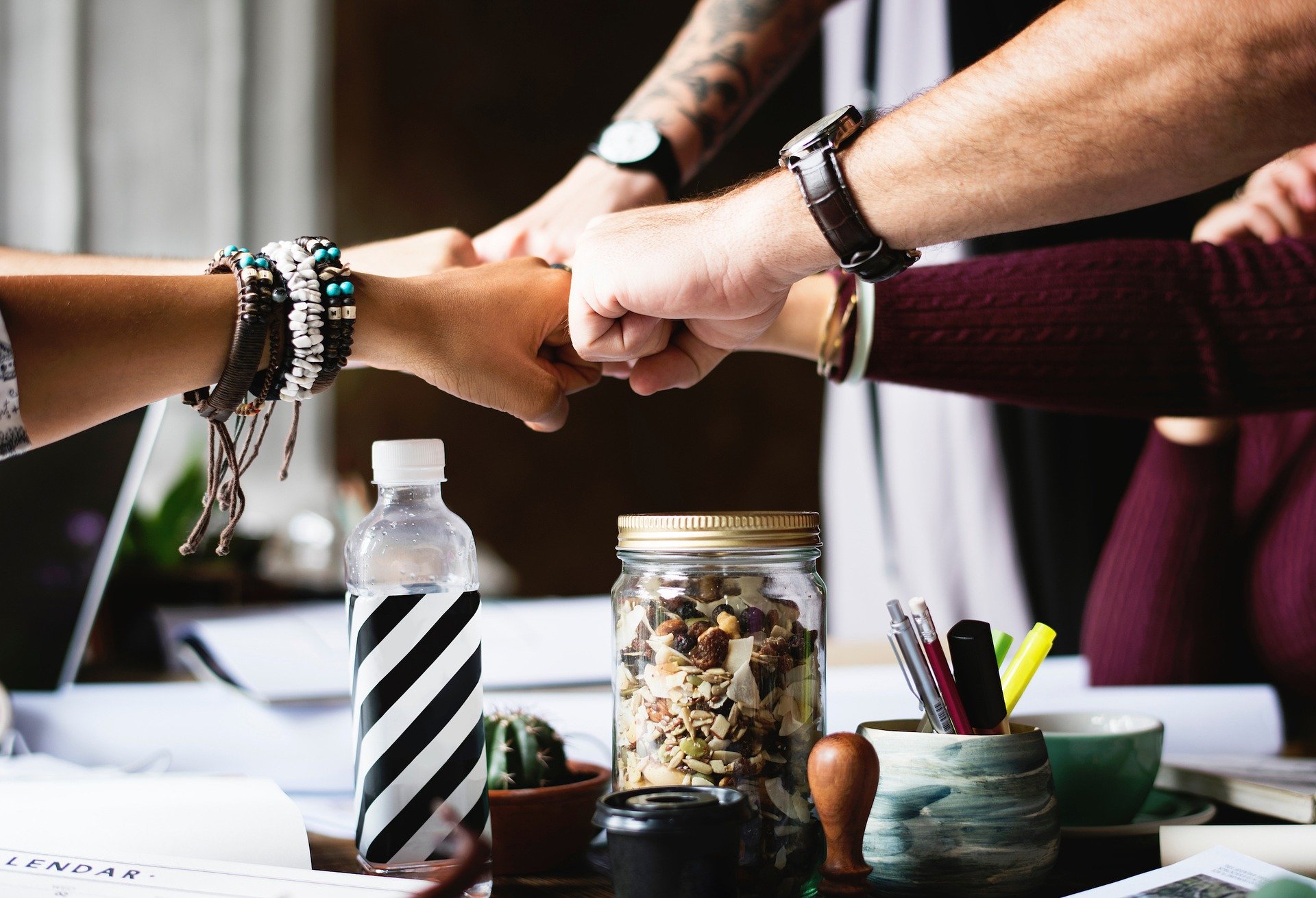I’m writing this to encourage everyone to take a critical look at how we have been raised and how we are raising our generations to come. Because THAT is the key to destroying racism and discrimination at its root. If we don’t radically change how we’re raising future generations, racism and discrimination will stay alive and well.
Black people and people of color (POC) can fight with love and compassion, or complain, loot, and fight for their rights with violence, and laws and surface level stuff can be amended, but nothing is going to happen. Not much has happened for centuries. Current events are proof. Same thing, but a different person and a different hashtag.
Nobody was born racist. Nobody was born with hatred against other people. That’s a fact.
However, as children, our subconscious minds (the 95% of our brain where beliefs, habits, memories are stored) do not yet have a filter, so whatever parents, family members, and later on teachers and friends teach us, will stick with us, even if we’re not consciously aware of it.
And in the unfortunate event that we’re being taught racism and judgment rather than tolerance and acceptance, empathy and love, we’re carrying on how our parents were raised.
My grandparents were raised during World War II. My grandmother told me at 17: “He’s African [he had African heritage, but was born in Oman]. Be careful and use a condom because he may have AIDS.” When she met him, she was not judgmental at all in his face, and he loved how she carried herself. My grandfather used the n-word, but – same thing: when he met my ex, they got along.
My father was raised by grandparents from World War II and listens to radio news all the time. Guess what’s on German radio a lot? Negative news about immigrants; hence, his sometimes racist remarks against other nationalities. Never once have I seen him act racist towards one of my friends. And if you know me, I have dozens of friends from all kinds of backgrounds.
Thankfully, what helped me not take on their beliefs was that I was fortunate enough to not only travel, but also have an innate curiosity towards other cultures; thus, always wanting to learn from classmates and other people with different roots than my own.
We are conditioned by how we grew up. We are conditioned by news sources. We are conditioned by what we feed our subconscious minds on a daily basis (and they take on EVERY little detail (search for “Derren Brown advertising” on YouTube).
That’s why I want us look at
- What we’re feeding ourselves in the form of other people’s opinions, beliefs, and values (loved ones, news, political parties, etc.)
- And what we’re feeding our children from the same sources as above as well as us as their source.
Secondly, I want us to look at our behavior towards ourselves and other humans.
We as people all “cry, laugh, eat, worry, and die,” as Maya Angelou suggested. We are all the same. But, again, if we’re fed by our parents, teachers, and friends, that we’re not, we will not feel one with all. We will keep on discriminating against each other based on sex, age, weight, skin color, and other factors.
And this stems from the need for more power. One group of people views themselves as stronger, better, or more advanced than another. One group of people needs to compensate for their lack of feeling good enough, their lack of feeling worthy, their lack of self-love.
If we truly felt that we’re one with all and all is one with us, if we truly felt enough love for ourselves and thought of ourselves as worthy, we wouldn’t feel the need to have power over another person. Because we would view them to have the same worth as us.
The problem is that most of us are born this way, but only some of us are aware of it and make an effort to fix it.
That’s why I encourage us to look at ourselves. Heal our trauma. Heal our wounds. Love ourselves first, so we can give from a full cup and have others love and respect us the way we love and respect ourselves.
Once we’ve understood and internalized this, we can teach it to our children.
And a few more practical ways and not-so-hippie-dippie ways to teach our future generations tolerance and acceptance include
- Taking them traveling and introducing them to new foods, cultures, and people, so they grow up with an understanding that cultural differences don’t mean superiority or inferiority
- Encouraging them to be curious about other humans and why they feel a certain way or were born in a certain way
- Teach them that they’re worthy and that we all come from whatever created us and go back to the same place.
